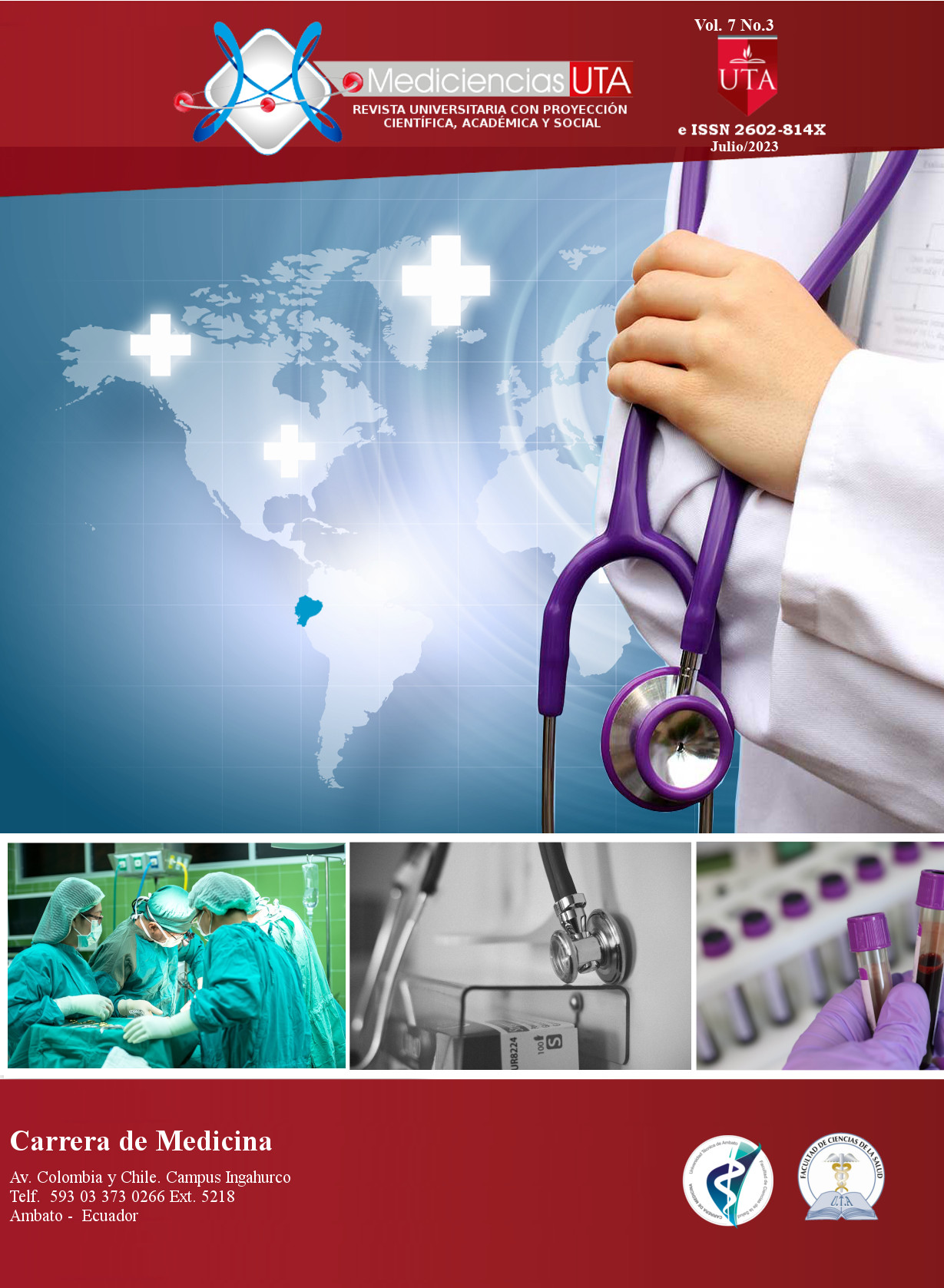Systematic review on thrombotic events in patients with COVID-19
Main Article Content
Abstract
Introduction: The novel coronavirus Severe acute respiratory syndrome coronavirus 2 (SARS-CoV-2) causes systemic inflammations, bordering on the order of increasing proinflammatory cytokines. Objective: To determine thrombotic events and their impact on the clinical course of patients with COVID-19. Materials and methods: This observational, descriptive study used a bibliographic review of scientific studies; with the following inclusion criteria; English or Spanish language, with dissemination in the years 2020 and 2021, referring to thrombotic events. Results: As main result, 86.21% of conclusive results showed a positive relationship between the development of thrombotic events and higher severity index, being these: pulmonary embolism, venous thromboembolism, disseminated intravascular coagulation and arterial thrombosis. To recognize the clinical impact caused by these events in patients, the main biomarker that establishes clinical relevance with the prothrombotic state is D-dimer, suggesting its sequential monitoring.
Conclusion: There is a positive association between thrombotic events and the aggravated clinical course of COVID-19 disease, with progression to severity in up to 93.10% of patients who develop thrombotic events.
Downloads
Article Details

This work is licensed under a Creative Commons Attribution-NonCommercial-ShareAlike 4.0 International License.



